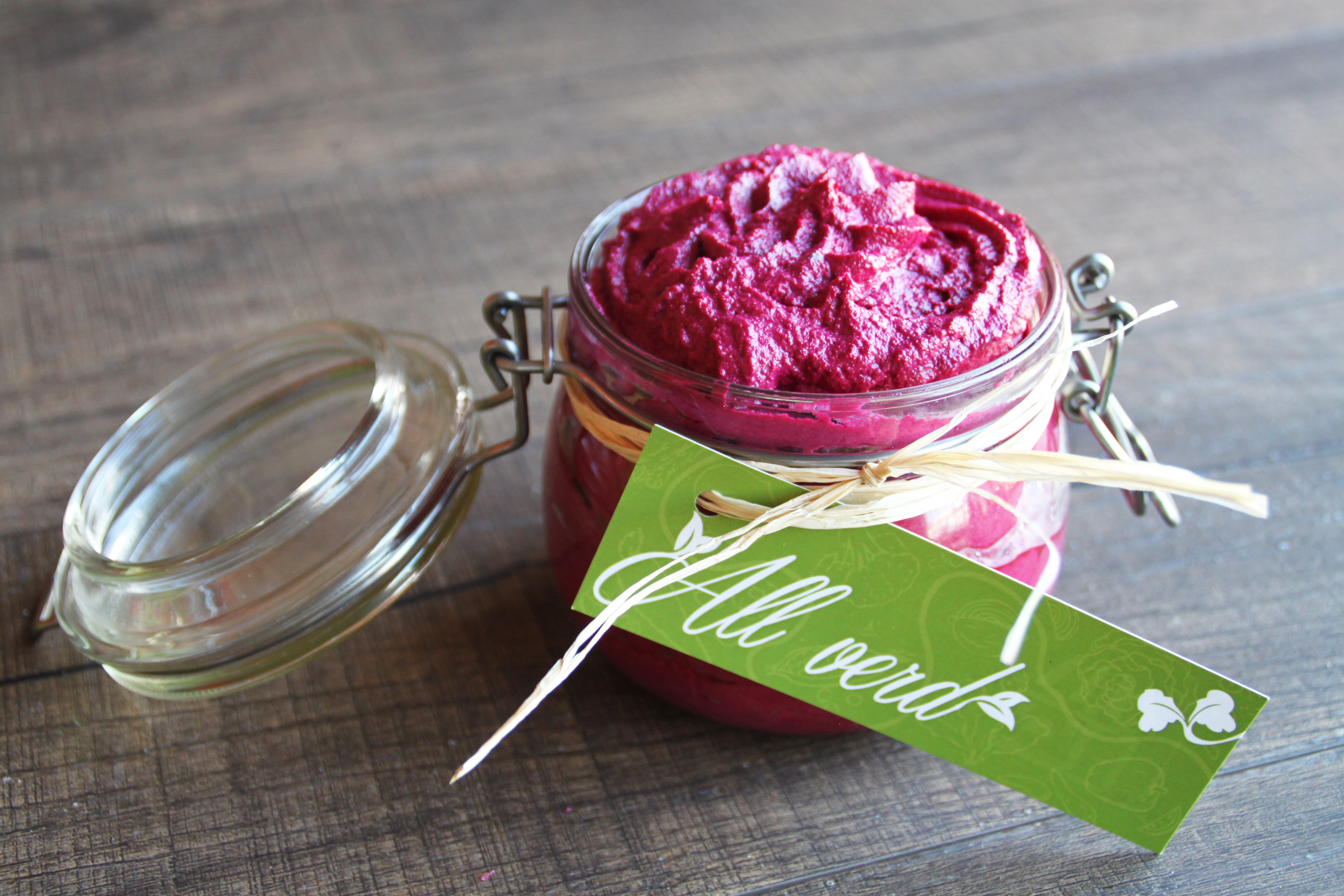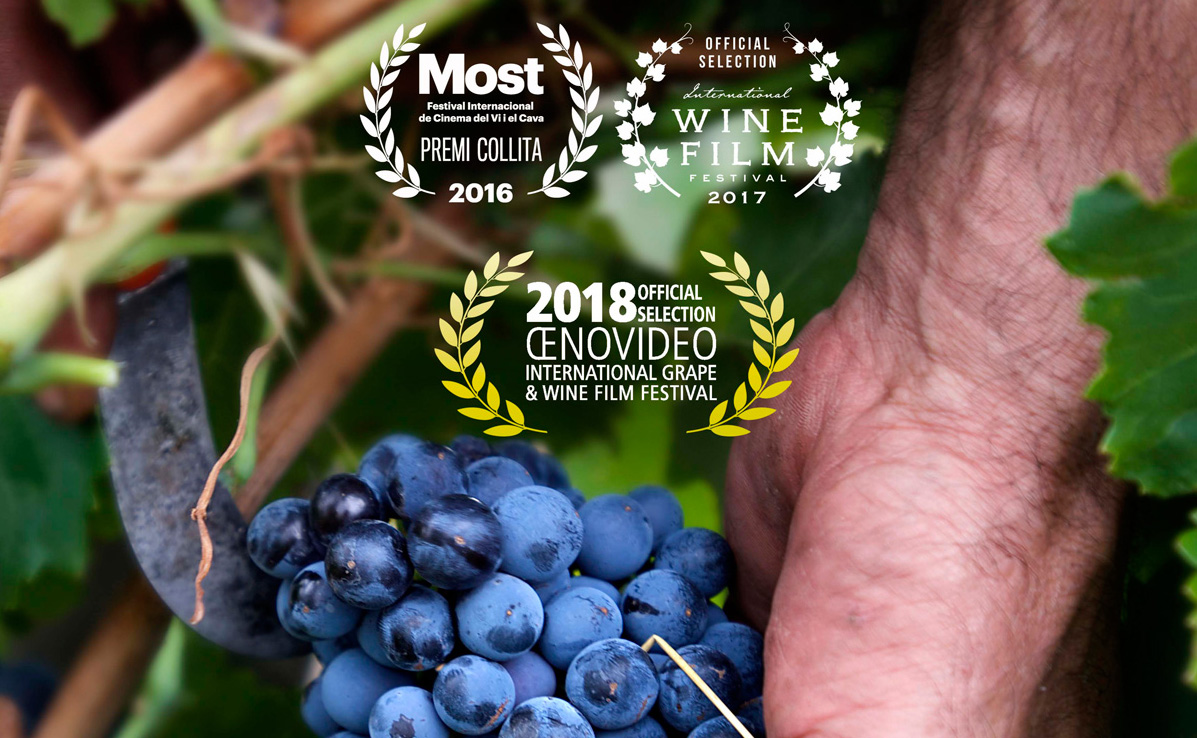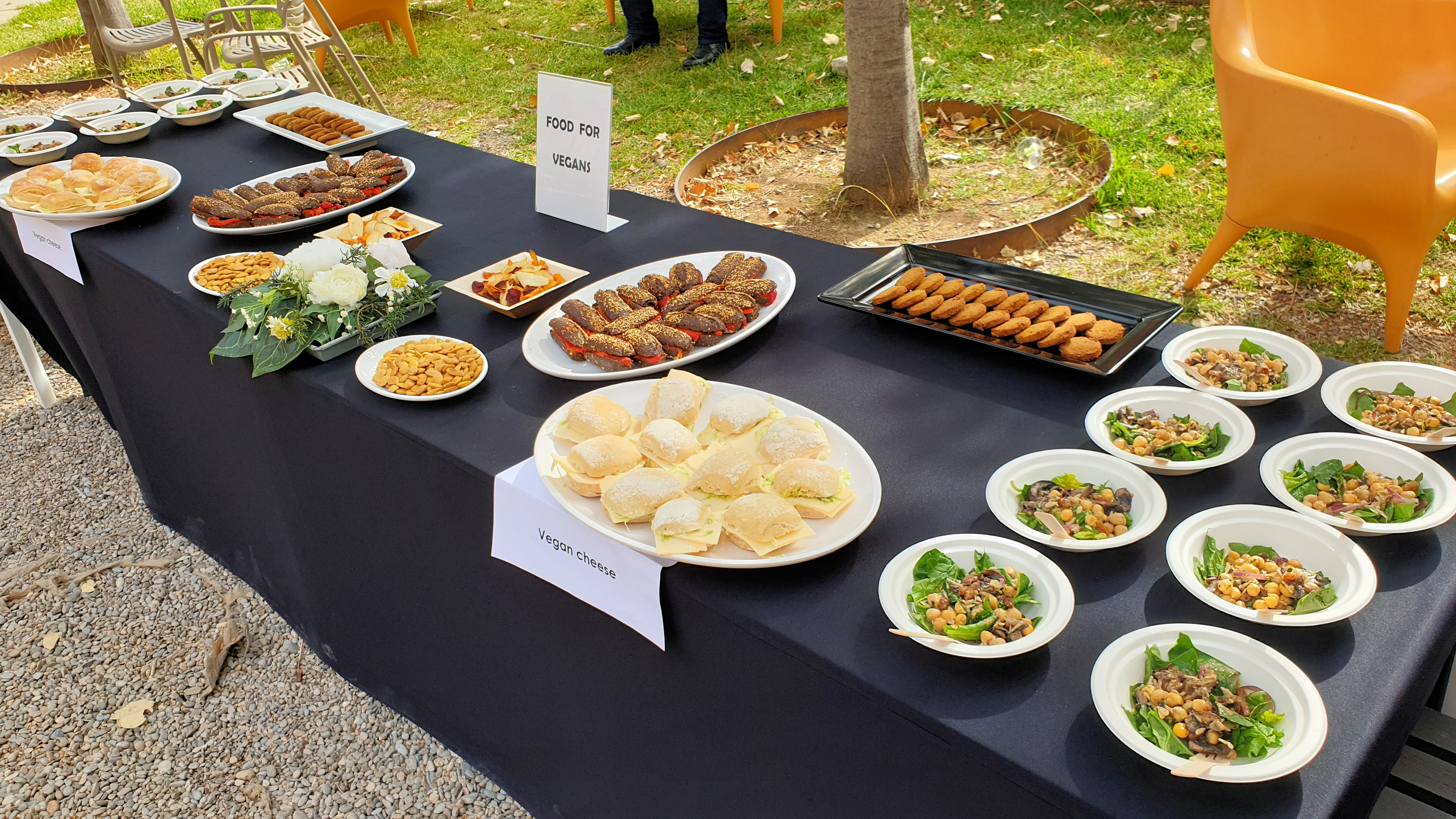Doing it for the pleasure of caring for ourselves and finding a balance, without restrictions or feelings of guilt.
A healthy relationship with food, making the most of seasonal produce and letting creativity into our kitchen, even if it's only for the lunch box we take to work.
We’ll try, using uncomplicated recipes, tastes, aromas and colours. We'll emphasise the importance of colour in our dishes.
Emotions and healthy eating go hand in hand.
Sustainable Food Citizen Week
Video resum de la Setmana Ciutadana de l'Alimentació Sostenible 2021
The activities of the Sustainable Food Citizen Week
Sustainable Food Citizen Week provides an opportunity to understand the relationship between food habits and cross-cutting aspects such as the climate emergency, local economic development, culture, politics, social rights and health. A week dedicated to citizens, in which you will achieve knowledge, reflection and debate about the main issues of the following activities.
Gastronomic heritage
- October 21st - 18.00 HBetevé broadcastingTelevised cooking workshop
- October 22nd - 22.00 H (variable according to betevé programming)Betevé broadcastingDocumentary film season
Documentary on natural wine in Spain. A trip from the north to the south of the country, with the vineyard and wine as the background.
A reflection on natural wine from its producers and opinions from renowned sommeliers.
This activity is part of Betevé's documentary film season, including the films Fermentación espontánea, Taste the waste, Food for change and Il mare piange.So you can combine the documentary with a wine tasting at home, we provide you with a list of wines by order (and time) of appearance.
Minute 01 – Sparkling wine from an ancestral method made in the Alt Empordà. Sparkling wine with unique fermentation.
Minute 05- Red wine from the mountains, made on the north side of the Alpujarra in Granada.
Minute 10 – Mineral and fresh wines made in the Sierra de Gredos (Avila), mainly with Garnacha, also with local white varieties such as Chelva, Albilla Real and Malvar.
Minute 13 – Red wine from the Sierra de l’Albera, in the Alt Empordà, made with Garnacha and Carignan (Lledoner and Samsó).
Minute 16 – White wine with maceration of the skins (orange wine) from Penedès made with Xarello from old vines worked within biodynamic parameters.
Minute 19 – Light red wine made with Sumoll, a native grape of the Penedès. From vineyards surrounded by forests of the Alt Penedès.
Minute 23 - Red wine from Galicia from a heroic viticulture of micro-plots in the Ribera Sacra area.
Minute 27 - White wine from the La Mancha variety and the most planted in the peninsula: Airén, in this case, comes from very old, free standing vineyards.
Minute 31 - Terra Alta red wine, inland Catalonia. From a dry and warm area, with powerful aroma and flavour.
Minute 36 - Wine with Mediterranean expression, made in clay vats in the region of Murcia, from the Tintorera Garnacha grape variety.
Minute 38 - White wine from Montepila grapes from vineyards surrounded by olive trees in Cordoba. - October 29 and 30 from 12.00 to 23.30 H, and October 31 from 12.00 to 22.30 HLa Rambla de Barcelona (between Centre d'Art Santa Mònica and Colom)Market
“Terra i gust” is a gastronomic project that links restaurants with small producers, an initiative from Barcelona City Council and organized by Gastronomia de Proximitat and Slow Food Barcelona, with the support of the Association of Gastronomy and Tourism of Baix Llobregat and l’Hospitalet.
It will be a place for citizens to see the different stakeholders involved in the value chain of local products and sustainability, and to point out the importance of the small artisanal producer, of maintaining traditions and environmentally friendly techniques, highlighting the union with gastronomy.There will be various different spaces:
- Spaces for sustainable gastronomy
- Spaces for beverages, with the participation of the Barcelona Beer Festival, with a selection of craft beers. Natural wines, filtered water, and kombucha will also be served.
- Producers market with seasonal and ecological products.
- There will also be an area for cooking shows, talks and games for kids-
Waste vs Good use
- October 16th - 12.00 HParc de la BarcelonetaTalk
The mission of the NGO Nutrition Without Borders is to contribute to reducing nutrition inequalities throughout the world, in accordance with human rights. They act from the perspective of cooperation, training and empowerment, promoting the balanced use of the world's food resources and solidarity amongst peoples of all nations, in line with the 2030 Sustainable Development Goals.
At Nutrition Without Borders, we are aware of the economic crisis which is affecting some sectors of the population, a factor that increases vulnerability and leads to poverty and social exclusion.
“Sharing food” is an initiative for making the best use of food resources and networking to help prevent food waste and reduce the impact of poverty in the Barcelona Metropolitan Area. The project aims to protect the universal right to food for Barcelona citizens at risk of social exclusion, while also cutting down on food waste and helping reduce the city's ecological footprint to favour the planet. - October 16th - 12.30 HParc de la BarcelonetaWorkshop
What foods are naturally available in each season? How can we maintain a varied, healthy and sustainable diet? This master class guides participants towards sustainable, local and seasonal food. During the session, we will see various strategies for healthy cooking and seasonal food conservation, so we can enjoy them all year round and get the most out of them.
The master class also shares practical ideas for conserving, storing and cooking the food, sharing explanations about the social and environmental importance of our food habits with the audience. Gaining a culture of better food use and providing specific tools for getting the most out of food products. Advice is given on how to eat a complete, balanced diet without dying in the process. Where should we store carrots? What do we do with so many tomatoes? What we can do with summer fruit? If you would like to hear some practical, everyday advice that is fun and visual, don’t miss this class! - October 16th - 17.30 HParc de la BarcelonetaRound table
Relationships of power within the agri-food system and their impact on public policies
For over a decade the loss of food sovereignty has been recognised as a key factor in the impoverishment of the people. This basically affects people living in rural environments, but there is an increasing amount of protest in cities, due to a loss of control and decision-making in terms of what we eat every day.
Due to the situation created by the Covid-19 pandemic, we have become even more aware of the
current food system's inability to respond to the general public's needs, especially in sectors of society with pre-existing inequalities.
All of these conditioning factors of poor diet, together with advertising and labelling, generate health problems in an increasingly large proportion of society.In response to this, alternative initiatives to food banks have arisen in many cities, with a transformative focus on these social inequalities. Likewise, there is a clear need for institutions to include public policies that guarantee access to this human right.
From the perspective provided by food sovereignty, we aim to tackle the capacity and decision-making processes which determine what is produced, where it is produced, how
it is produced and on what scale, as well as how these social inequalities are created.
Urban rurality and biodiversity
- October 21st - 17.30 HBiblioteca Joan MiróVisit / Tour
A walk for discovering the many wild plants we have close to home that we were unfamiliar with and the varied possible uses of which we could never have imagined. We’ll learn how to identify them, we’ll smell and taste them and discover the uses each of the species has inside and outside the kitchen.
- October 22nd - 17.30 HPlaça Lesseps (sortida metro)Visit / Tour
A walk for discovering the many wild plants we have close to home that we were unfamiliar with and the varied possible uses of which we could never have imagined. We’ll learn how to identify them, we’ll smell and taste them and discover the uses each of the species has inside and outside the kitchen.
- October 23th - 10.00 HEstació Carretera de les Aigües- Funicular de VallvidreraVisit / Tour
A walk for discovering the many wild plants we have close to home that we were unfamiliar with and the varied possible uses of which we could never have imagined. We’ll learn how to identify them, we’ll smell and taste them and discover the uses each of the species has inside and outside the kitchen.
Ecological footprint
- October 14th - 19.30 HPlaça de Sant JaumeShow
The start off the week will be a chorus, musical, and participative. Having their say will be the real heroes of sustainable food, those involved in the food cycle: the fishermen, drivers, chefs, farmers, ranchers, market vendors. The speech will be intertwined with the large mechanical orchestra of Cabo San Roque, distributed in the form of a sound mural in front of the City Hall, along with the active participation of the public, in a collective musical creation composed especially for the occasion. A show that highlights all the participants behind the food supply network and gives them a voice.
- Scenography and musical composition: Cabo San Roque
- Stage direction and coordination: Edi Pou
- Idea and concept: Virginia Angulo / Martín Garber
- October 16th - 20.00 HTeatre del CCCB, Jardí dels Tarongers, Plaça del Rei, Parc de la BarcelonetaShow
A unique musical group, the Vegetable Orchestra, plays instruments made from fresh vegetables. The use of various vegetable instruments makes for a unique musical and aesthetic universe. The Vegetable Orchestra covers the most diverse musical styles, combining genres from electronic music to jazz. The newly created instruments determine the resulting sound. A Vegetable Orchestra concert appeals to all five senses.
- October 17th from 10.00 to 11.00 H and from 12.00 to 13.00 HLa Fàbrica del SolVisit / Tour
The building strikes a balance between technology and nature, making it an efficient and sustainable space.
Visit it to learn about the various environmental solutions it utilises, such as renewable energy generation, water conservation, biodiversity conservation and sustainable mobility, as it has earned a “Friend of the Bike” certificate and is the only refurbished building to have a Green Seal, among others.
Proximity
- October 16th - 12.30 H and 17.00 HParc de la BarcelonetaShow
Horta is a show that recuperates values rooted in the earth and the most genuine ancestral customs, bringing them up to date and adapting them to the interests and knowledge of younger children. An itinerant journey through various transformed theatrical spaces in Horta, where the senses and the children are the protagonists: touching the earth, listening to and singing songs, discovering stories and old objects and smelling herbs.
Joana and Esther, the two stars of this story, have everything ready: this is the time to wake the earth up and start the cycle, as they were shown by their granddad Vicent and their grandma Maria.
An experience that combines the power of oral narration with the magic and poetry of theatrical and performance resources. Through our senses, we discover what Horta is, with tenderness and emotion, but above all, with humour, entertainment and education.The countryside is part of our tradition and our future and... Who knows, the children in the audience today may become the great agronomists of the future!
- Local fish, fishermen from Barcelona. How to consume local fish in a sustainable and responsible wayOctober 17th - 11.00 HParc de la BarcelonetaTalk
Talk presenting local fish consumption projects such as La Platgeta, which will provide the keys to consuming fish in a healthy, fair, sustainable and responsible way.
- October 17th - 14.00 HParc de la BarcelonetaCulinary experience
Would you like to taste a menu put together by healthy, sustainable groups? Let yourself be seduced by their culinary proposals. Come, taste, and become part of the change.
When designing the menu, we took the following into account:
- The Mediterranean diet as the basis for the project: seasonal vegetables, legumes and fish.
- The food offered to us by the producers of local, seasonal ecological produce.
- The dishes have been designed with culinary combinations, in order to enjoy the territory's food, produced using healthy culinary techniques.
The menu is cooked by eighteen chefs who belong to the network; we are from Catalonia, Valencia, Aragon, Madrid, the Balearic Islands, the Canary Islands and Galicia.
We serve the menu accompanied by the producers who supplied the vegetables, legumes, oil, wine and fish. We will also be accompanied by a manager of short-circuit marketing, a nutritionist and an educator; we would like you to meet all of the people who make the change of model possible in our groups, a strategic sector for furthering this change in the food model.Menu
- Cream of sweet potato with hen-of-the-wood mushrooms
- Raw vegetable salad with pomegranate and orange vinaigrette
- Chickpea hamburger with spinach and young garlic sauce
- Beetroot pie with carob sauce
We hereby inform you that we cannot guarantee that the meals served during this event are free of substances that may cause some type of allergy or food intolerance.
More week
- October 21th - 18.00 HC del Rec, 27Talk
Discover the evolution of the Horteras de la Ribera de Barcelona Consumer Group, seen from the experience of the producer and the consumer, with Dulu and Enric (Hort3Sols farmers) and Julien Telle (Les Horteres consumer) .
- October 21th from 18.00 to 19.15 HEspai Consum ResponsableTalk
Discover a catering service with sustainable job placements, use of non-polluting and reusable materials and with sustainable food products. We use seasonal and local chemical-free products.
- October 21th from 18.30 to 20.30 HLa Lleialtat SantsecaRound table
In this conference, we will explain how the new genetically-modified organisms work (GMO) and any resulting complications that may arise for farmers in terms of feeding the human race and how they are treated in the future, depending on how they are classified.
























